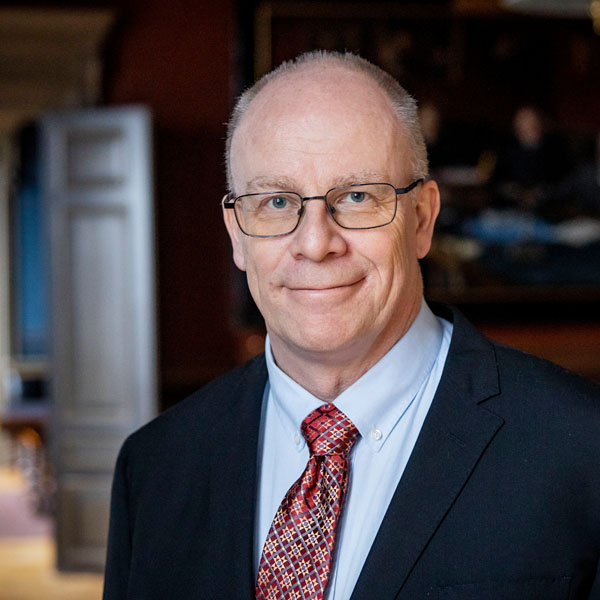In recent weeks, many emails have arrived in the Vice-Chancellor’s mailbox. Most of the emails call on the University to distance itself from Israel’s actions in Gaza. I have received numerous such emails, all much the same. Lately, however, I have also received other messages, speaking of vulnerability and distress. These emails are written with individual care and sometimes sorrow. In these unique messages, members of staff and students express their feelings of being vulnerable, uncomfortable and sometimes afraid.
I wish to emphasise that we cannot allow this at our University. Here, everyone must be able to be present, to work and to seek knowledge. Respect for one another and one another’s opinions goes without saying. We in the management team have not modified our views or changed our mind on the issue of taking a position in response to the demonstrations.
Let me be absolutely clear.
A university is a place for critics and critical thinking. If university leaders take a position on a matter of social debate in the name of the institution, this jeopardises the foundation upon which academia rests, by limiting the freedom of the individuals who constitute the whole. In matters of opinion, there is no voting and no pursuit of consensus at an academic institution. On the contrary, we must always defend the insight that the opinion of the majority at a university must never be enforced on all its staff or students. For this reason, the University does not take political positions. We refrain from doing so in the name of democracy, even when it is inconvenient and difficult.
We are a university and must remain free from pressure and always defend freedom and democracy. Of course we want the war to end, the killing to stop, the humanitarian aid to reach those in need. Just as we have stated before, we hope that this historically protracted conflict, which has escalated in a terrible way since 7 October, will end in a peaceful solution.
Until that happens, everyone active at our University must be able to feel welcome and safe. This is a shared responsibility.

